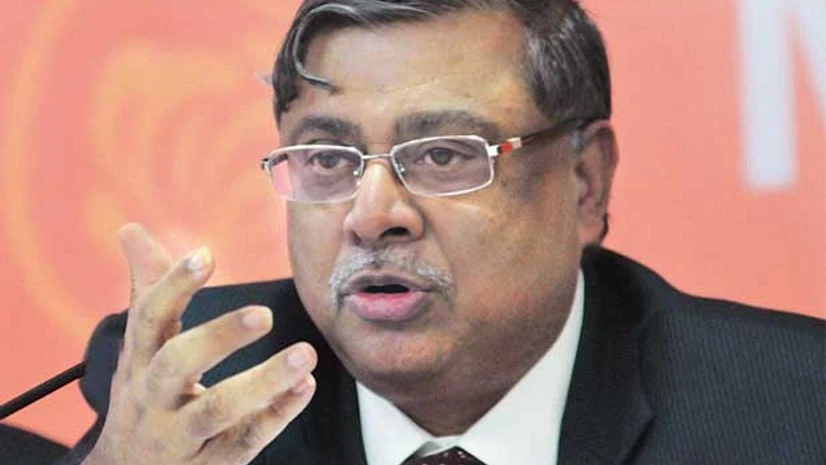State-run lender Bank of Baroda (BoB) Managing Director and CEO P S Jayakumar on Monday said the onus of recovery is on the government and not Reserve Bank of India (RBI). He said the government needs to pay vendors on time for services, ensure the projects perform and improve the legal system by upgrading enforcement processes. "I think a lot of onus on the recovery is also on the government... expecting the governor of RBI to solve the problems is (not correct)... the real issue is elsewhere," he said.
The chief of BoB, which reported record losses in two immediate quarters after Jayakumar took over, complained that the government is the largest litigator in the country and most cases keep getting escalated.
Apart from this, there is a need for the government to look into asset resolution platforms like upgrading the Debt Recovery Tribunals and implementing the Bankruptcy Code at the earliest, he said.
More From This Section
Even Jayakumar alluded to the pain point by mentioning the National Highways Authority whose works getting stuck has led to NPAs.
State Bank of India Chairman Arundhati Bhattacharya seemed to support Jayakumar, stating that a bulk of macroeconomic challenges have been settled and it is asset resolution which needs our attention now.
There should also be some focus on employment generation, she said, when asked for a reaction on the announcement of Urjit Patel as the next Governor of RBI.
She said the Government has started campaigns like the 'Make in India' and 'Digital India', and our focus now should be on what more needs to be done to ensure their success.
American brokerage Citi India chief economist Samiran Chakraborty said the focus should be to make it an investment demand-led recovery rather than a consumption-led one.
It will need up to five years for the credit growth to recover fully, he said.
Bhattacharya, however, said it will not take so long and estimated a time period of 2-3 years for the same.
She added the credit growth in FY17 will be better than that in FY16.
The country's largest lender is also mulling to upwardly revise its FY17 credit growth guidance to go over the initially estimated 12 per cent.

)
